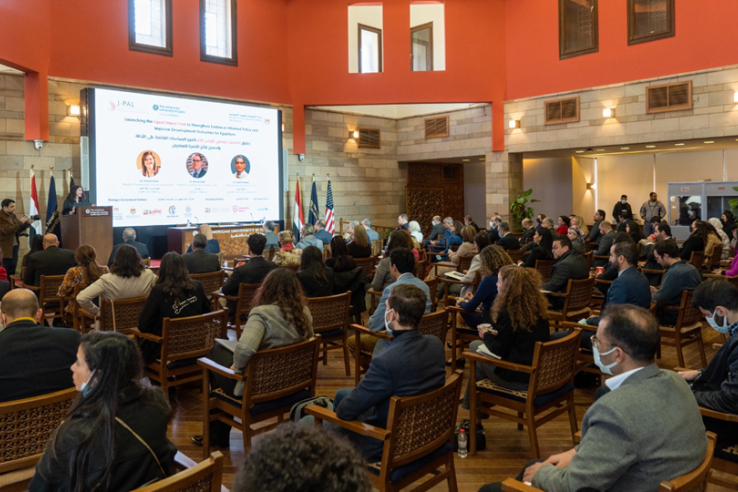Displaying 421 - 435 of 8473
Research Paper
File: Research paper
The Social Protection Initiative (SPI) funds randomized evaluations of social protection programs in low- and middle-income countries and supports policy engagement to share insights from completed research. To help diagnose the evidence gaps and provide a foundation and guide for SPI's funding...
Research Paper
File: Research paper
Research Paper
File: Research paper
Research Paper
File: Research paper
Research Paper
File: Research paper
Resource
Basic page
The Egypt Impact Lab seeks to strengthen evidence-informed policy and improve development outcomes for Egyptians.
Research Paper
File: Research paper
Research Paper
File: Research paper
Research Paper
File: Research paper
Research Paper
File: Research paper
Research Paper
File: Research paper
Research Paper
File: Research paper
Research Paper
File: Research paper
Research Paper
File: Research paper
More than 98 million adolescent girls are not in school. Can girls influence their school- ing without changes in their family’s economic environment? In Rajasthan, India, we examine the impact of a school-based life skills program that seeks to address low aspirations, narrow societal roles for...
Research Paper
File: Research paper
This paper shows that a youth empowerment program in Bolivia reduced the reported prevalence of violence against girls during the COVID-19 lockdown. The program offered training in soft skills and technical skills, sexual education, mentoring, and job-finding assistance. To measure the effects of...
